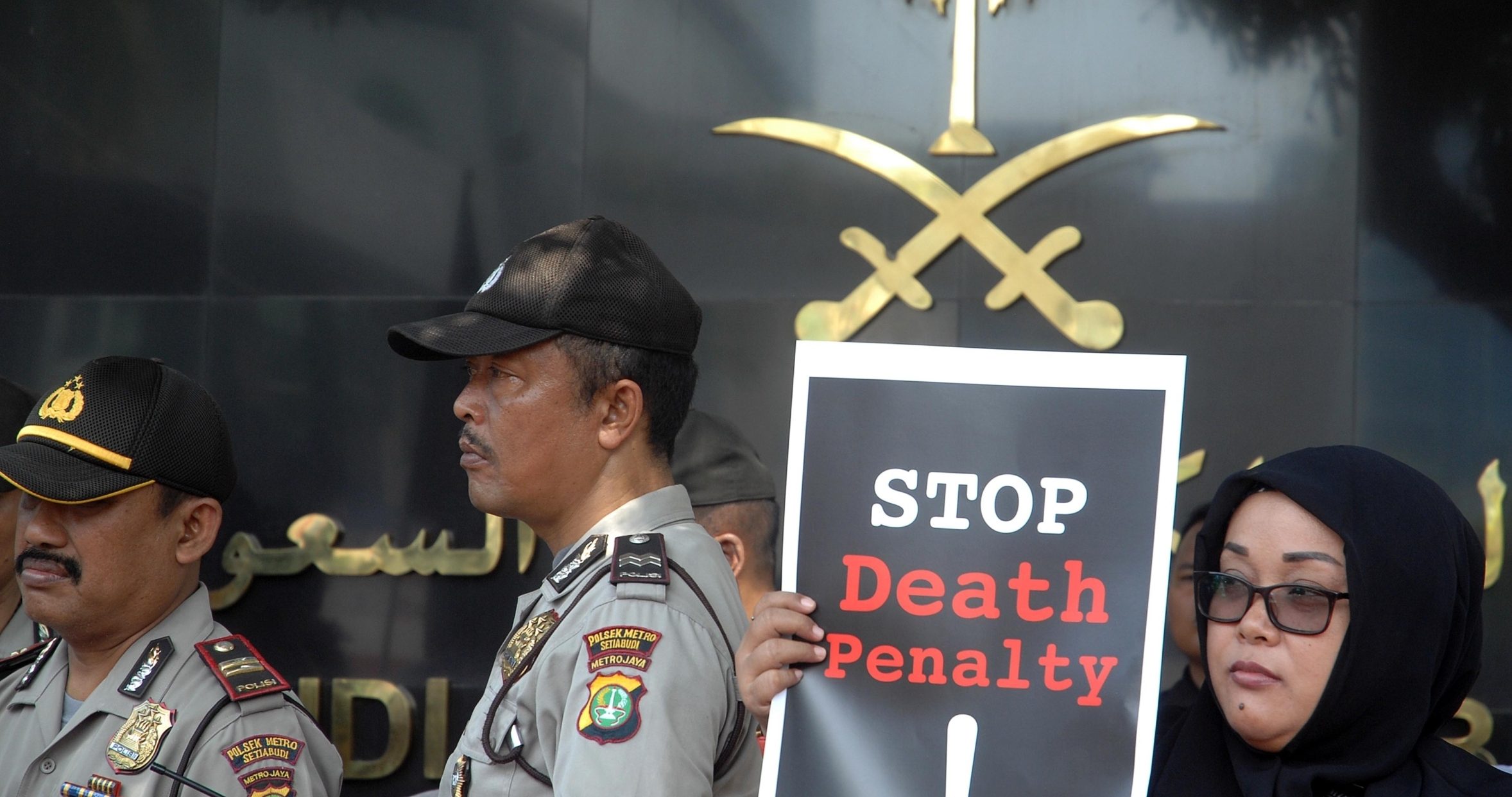There has been a staggering surge in Saudi executions in 2024 and 2025, surpassing previous records. How does the kingdom justify the trend?
Far from Riyadh’s sprawling skyline—inked business deals, luxury cars along the highways, and gleaming modernity, another story is unfolding behind heavily guarded prison walls of Saudi Arabia. In 2024, the kingdom quietly shattered its own execution record. More than 345 people—men, women, sometimes even barely adults—were put to death by the state. This is not a cold number. It is a surge in Saudi executions so sharp, so relentless, that even the kingdom’s strongest allies have started whispering their discomfort. This isn’t the Saudi Arabia that’s shown in PR campaigns and Formula 1 races. This is the real story behind the statistics—a story worth telling, and hearing, in full.
What is behind the surge in Saudi executions?
In a country reinventing itself as a global business hub, the sudden escalation in state executions has left the world asking: What’s really driving this surge in executions, and who pays the ultimate price?
To really grasp the truth, you have to set aside assumptions. Yes, Saudi Arabia has always been tough on crime—everyone knows about the kingdom’s strict interpretation of Sharia law. But the story of why the numbers have exploded in the last two years is far from simple.
Until recently, Saudi Arabia’s use of the death penalty, though strict, followed a predictable rhythm. But starting in 2022, the world saw an unmistakable surge in Saudi executions, breaking a 30-year record. The numbers didn’t just climb—they soared. By 2024, the surge in Saudi executions had become a defining human rights issue, drawing condemnation, concern, and global media scrutiny.
Year-by-year breakdown
| Year | Number of Executions |
| 2022 | 196 |
| 2023 | 172 |
| 2024 | 345+ |
| 2025 | 100+ (Jan – April) |
(Source: Amnesty International, Reprieve, ALQST, public news data, as of June 2025.)
The surge in Saudi executions isn’t happening in a vacuum. Here’s what’s driving the numbers up:
First, there’s a new assertiveness in the kingdom’s internal politics. Critics are often branded “terrorists” or “threats to security”—but the net is cast wide, snaring not just criminals, but activists, dissenters, and foreigners. In 2024 alone, a huge chunk of those executed were not Saudi nationals; they were workers from places like Pakistan, Nigeria, the Philippines, and Egypt, swept up in drug raids or accused of crimes many say they didn’t fully understand.
Then there’s the kingdom’s push to show strength—both to its citizens and to the outside world. In a region plagued by instability, Saudi leaders argue that harsh penalties keep order. But at what cost?
And finally, there’s the silent machinery of the legal system itself, which is nearly impossible to challenge from the inside. Trials are held behind closed doors. Appeals, if they happen at all, often take place without lawyers present. Confessions are sometimes extracted under conditions that international rights groups call torture.
Also Read
While Saudi Arabia is eager to modernize its image, particularly through Vision 2030 and international investments, the surge in Saudi executions complicates its global partnerships. Occasionally, foreign nationals receive clemency under diplomatic pressure, but the overall trend is a hardening, not a softening, of penalties.

